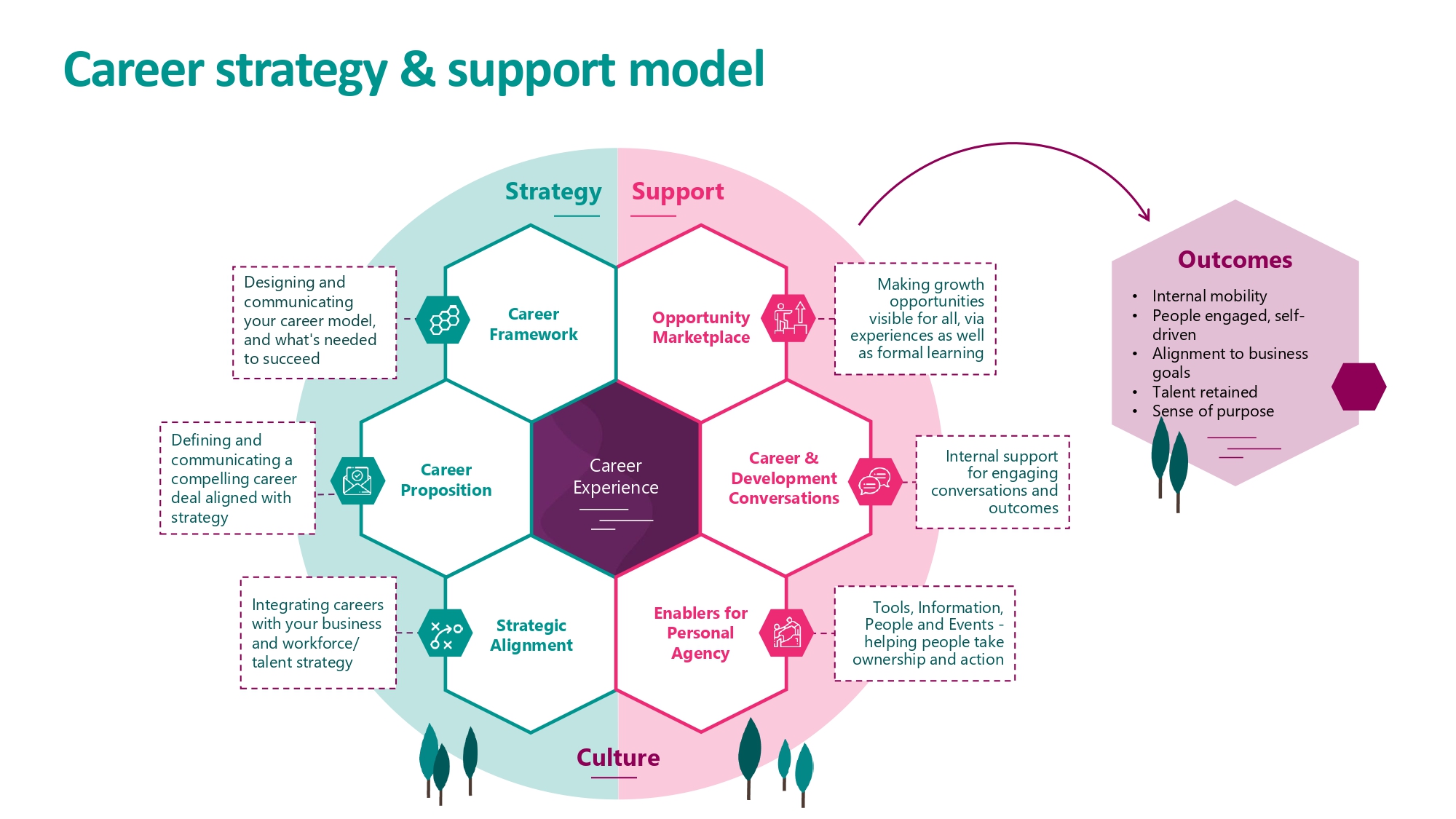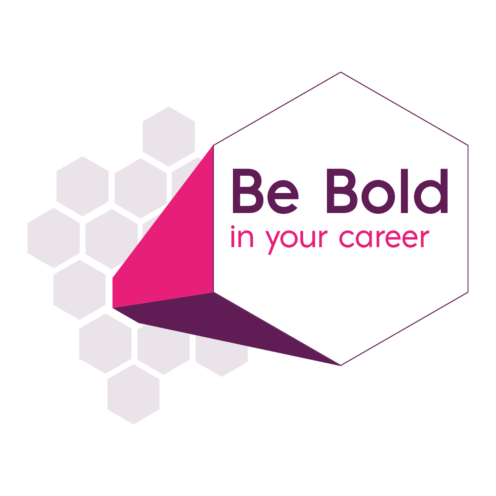At our latest Career Innovation Company Virtual Roundtable, I identified a set of questions that organisations should ask themselves to establish whether their career proposition really is for everyone.
Whenever we start working with a business on their career strategy, we ask them whether they intend it to be for all employees. If the answer is “Yes”, then effectively the career proposition needs to align with and be embedded in the organisation’s policies on social mobility, inclusion and belonging. This commitment also has implications for every aspect of their career strategy.
Our Career Innovation Company strategy and support model gives us a framework to consider these issues. I’ve outlined them below, along with some important questions on how they apply to social mobility.
- Career Proposition. One obvious challenge is to understand who has traditionally been excluded from access to career development – and how this happened. There may be a way in which individuals somehow excluded themselves, or it could be that organisational behaviours are not helping. For those individuals that a business is now seeking to include, it’s then important to understand how they choose to define their career and its development.
- Strategic Alignment. Does the business understand the benefits of inclusion for its career proposition? It’s vital to understand how it connects to values, strategic priorities, or other challenges currently on the horizon. How might the business need to adapt other HR policies affecting social mobility and inclusiveness? It may be that while HR is trying to encourage social mobility, it is unwittingly getting in the way in other respects.
- Career Framework. This is about your career infrastructure. For those groups that have not been traditionally included, which career pathways are open to them? If these require new skills, what support are you giving for a smooth transition?. And for those groups impacted by automation, for example, the offer around upskilling and reskilling needs to be crystal clear.
- Career & Development Conversations. How is the business preparing leaders and managers with the information they need to advise on career and development conversations? It is too easy for a mentor or a manager to think that their own career journey is the model – and that others simply need to do the same. In reality, career building today looks very different to 20 or 30 years ago. It’s vital that all employees feel confident enough to approach more experienced colleagues for help and advice that is relevant to the world as it is today.
- Enablers for Personal agency. Those individuals who haven’t previously had access to career development opportunities and support will understandably feel disempowered. How does the business work with them to believe that a new and different career journey for them in the organisation is now possible?
- Opportunity Marketplace. This centres around matching people and opportunities. The business, for example, needs to make sure that all people have access to the technologies that will provide them with timely information about new opportunities.
There is a word that pervades across the six dimensions – “culture” – and with it come other questions. What does senior leader behaviour and the key people processes in your business tell you about what is really valued? What does it want managers to be doing around providing career development support, does it reward the behaviour you aspire to, and hold those who fall short accountable? And what else needs to shift so people spend more time with a part of the workforce that’s traditionally been overlooked? To win full commitment from those who previously felt disengaged is a major breakthrough.
If you want your organisation’s career propositions to commit to inclusiveness and promoting social mobility, these are all considerations that need to be thought through. It’s a big challenge for any organisation but the prize, accessing a previously untapped pool of talent and potential, is worth fighting for.
For more information about how our career strategy and development solutions can help in this process, please contact Racquel Perry at racquel.perry@careerinnovation.com






